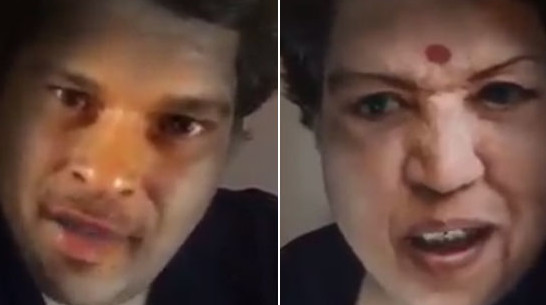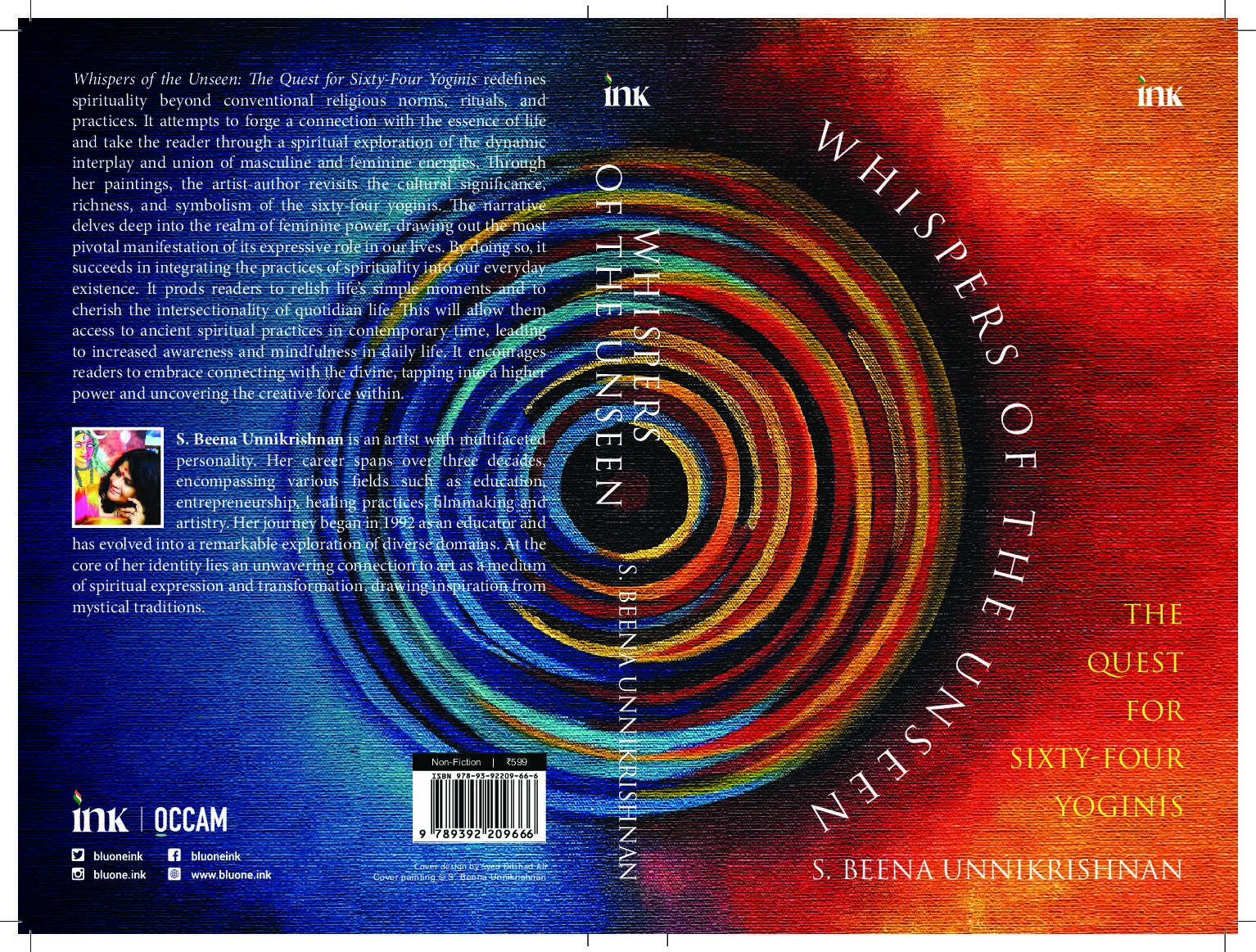In defence of a vulgar comedian
Ravi Shanker Kapoor | May 31, 2016 1:11 am

The reaction of the political class and many others against Tanmay Bhat’s video is a testimony to India’s puerility. A depressing consequence of this unwarranted outrage is the glamorization of a third-rate, vulgar comedian.
His latest video features him appearing as cricketer Sachin Tendulkar and as singer Lata Mangeshkar, insulting each other. The video is pointless, for there is no context into which the two Bharat Ratna awardees have been pitted against each other. At any rate, the short clip is in bad taste. But, as I have mentioned earlier, if taste were the criterion of proscribing anything, almost all Hindi movies would be banned and most television channels would have shut shop.
But let’s begin with the arguments proffered for the blocking of the video, prosecution and/or beating up of Bhat, etc. The first is that nobody should be allowed to ‘hurt the sentiments’ of people; therefore, Bhat, who has offended so many by lampooning two widely-respected icons, should be prosecuted. But the issue is that the law is about objectivity while sentiments are subjective. For instance, M.F. Husain’s paintings offend many Hindus but, at the same time, they don’t offend many other Hindus. The law cannot be used to proscribe something or prosecute somebody on the condition of something as subjective and transient as sentiments.
Second, we are told that there is a line no creative person should cross. This begs the question: who decides the line? Is Lady Chatterley’s Lover obscene? It was subject to censorship; the publisher faced trial. But it is also regarded as a classic today. Is the Hindi classic, Shekhar: Ek jeevani, obscene because it has a hint of incest? Are the works of Kalidas pornographic because of the sexually explicit descriptions of heroines? Which of these authors crossed the line and where? The examples are countless.
This brings us back to the question: who decides the line? Pehlaj Nihalani? That crude and crass filmmaker, that medieval relic, that sanskari dinosaur? Imagine the scenario—a Nihalani judging D.H. Lawrence or Kalidas! Could there be anything more obscene in the world?
Third, we are lectured that that the right to free speech does not include the right to offend, the right to freedom of expression is not unlimited. But free speech without the right to offend and the right to blaspheme is vacuous. As George Orwell once said, “If liberty means anything at all, it means the right to tell people what they do not want to hear.”
A lot of things routinely written in newspaper articles are offensive to politicians and bureaucrats; most statements made by politicians offend their rivals. Should all of them be banned or penalized? Several great leaders and authors—e.g., Swamy Dayananda Saraswati, Voltaire, Karl Marx, Schopenhauer, Nietzsche, Ambedkar—have written against religion in general or some religion. Should there writings be proscribed?
It is correct that the right to freedom of expression is not unlimited in India, for the Constitution imposes “reasonable restrictions” upon this freedom. Even as these restrictions are an affront to democracy, these are themselves purported to be “reasonable.” In other words, these can be imposed only if there are reasonable grounds for harming national security, jeopardizing friendly relations with foreign countries, disturbing public order, offending decency or morality, contemning court, leading to defamation, or occasioning incitement to an offence. Nowhere is it mentioned that hurting the sentiments of somebody can be a ground for curtailment of the freedom of expression.
The grounds restricting the freedom of expression have to be reasonable and not sentimental, not only because it is the Constitutional position but also because reasons can be objectively debated, while sentiments can’t be. Merriam Webster describes “sentiment” as “an attitude, thought, or judgment prompted by feeling”, “predilection”, “a specific view or notion”, “opinion”, “an idea colored by emotion”, etc. It is crystal clear that the most important characteristic of sentiments is subjectivity.
The law and public administration, on the other hand, are molded by objective realities. Poetry is to sentiments and subjectivity what political philosophy is to statecraft, jurisprudence, and objectivity. Plato said in the Republic that there is an old quarrel between philosophy and poetry. According to him, if poetry is allowed in its ideal state, “not law and the reason of mankind, which by common consent have ever been deemed best, but pleasure and pain will be the rulers in our state.” This was the reason that he banished poets from his ideal state.
But in our republic, poetry and its bastard child, sentimentalism, invade statecraft, polity, and public debate. So, everybody is baying for blood. The Shiv Sena, the MNS, the BJP, the Congress, the NCP, and other parties have slammed Bhat. The Mumbai Police’s Special Branch is scrutinizing the complaints filed against the comedian by the BJP and MNS.
Such film personalities as Anupam Kher and Riteish Deshmukh have castigated Bhat for “insulting” the two legends.
While Bhat has gained considerable publicity, the outrage expressed against him has once again underlined the fact that puerility is becoming a defining feature of India.






























